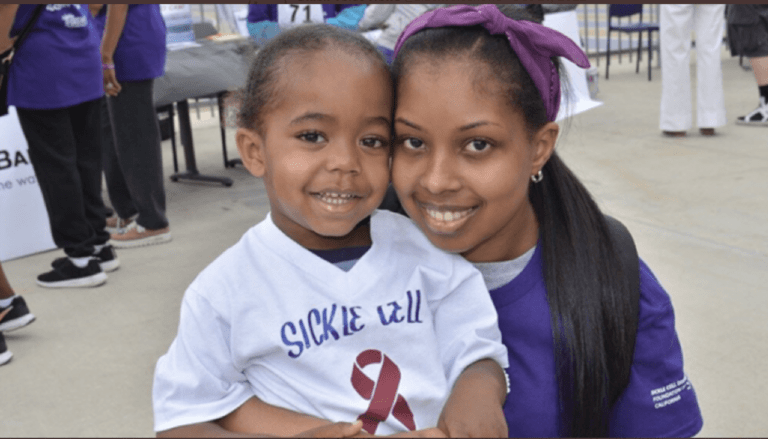The day Facebook went down

People all around the world were faced with a dark, nonexistent social media platform on Monday 4 October 2021. For the entire day I was unable to reach anyone on WhatsApp and Instagram and I couldn’t reach my family members in the Caribbean. I soon realized my dangerous dependence on apps on social media platforms as my only form of communication and how detrimental it could be when they go down. I share this concern with more than three billion people around the world. who rely on social media platforms to communicate and do business and these changes were a huge disruption and sent a reminder of the influence of these apps. I mean the stakes are really high when you think about the wide impact and the economic effect these platforms have on people’s lives.
We must remember that Facebook is largely used by global businesses and not just by teenagers looking at their friends’ pictures and commenting. Facebook and WhatsApp are tools that people use to do business. So many businesses were effectively shut down because people could not go to their Facebook pages, and they could not use it to communicate with their customers and family members in different countries on Monday. Facebook is practically a utility and a stand-in for the internet for so many and certainly impacts many people’s lives.
This was an incredibly opportune moment for Facebook since the most recent scandal with a whistleblower coming forward to expose the company’s practices on cracking down on hate and misinformation and accused the company of not doing enough to tamp down on the damaging impact the website has on teenagers. It turns out that Facebook has been sitting on research showing just how much harm the platform was causing and despite the data that the research unearthed they continued to make decisions which amplified hate speech increased the amount of misinformation people saw and to market their product to teenagers, who we know are incredibly sensitive to the harms of Instagram.
Now we should all be concerned that this glitch, which seemed so simple, could actually take down such a central part of the internet. I think it shows us the danger of Facebook having such a large role to play in the infrastructure of the internet. Most alarming is the fact that people use Facebook to log into other apps. Some people use Facebook to log into their smart home systems, smart TVs, educational apps even their smart thermostats, so when Facebook went down people were unable to access basic things around their houses. Think of the millions of businesses that rely on their Facebook page as their webpage. Across the Caribbean and South America, businesses use WhatsApp instead of getting a phone number. All those businesses were unable to communicate for a day. Millions of businesses across the world were entirely shut down because one company is so powerful that if they go down, everyone is affected.
This sort of catastrophic event should get us talking and thinking about the vast overreach media platforms have on our lives and the devasting effects they can potentially cause. According to the whistleblower, Facebook makes more money when you consume more content. People enjoy engaging in what excites them and the more anger they are exposed to, the more they interact and the more they consume. Angry content is enticing to people and keeps them on the platform. Therefore, the opposite is true, if there is less hate content people will spend less time on the site, click on fewer advertisements and Facebook will make less money.
It seems like the ‘Social Dilemma’ warning us all over again that these platforms often prioritize growth over the safety of its users. I think we should ask ourselves, how much better our lives might be without them?
Subrina Hall-Azih is a Trinidadian Educator residing in New York.






